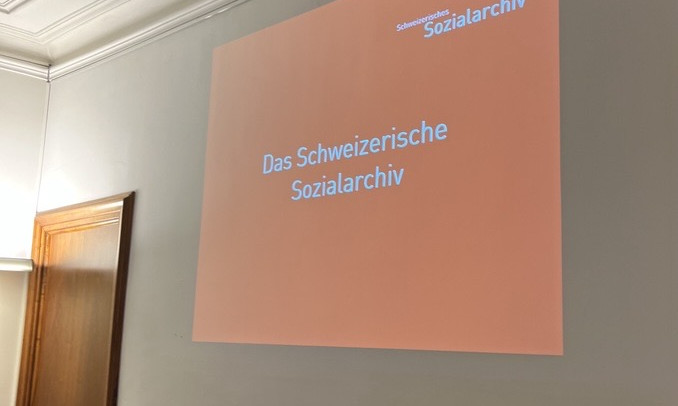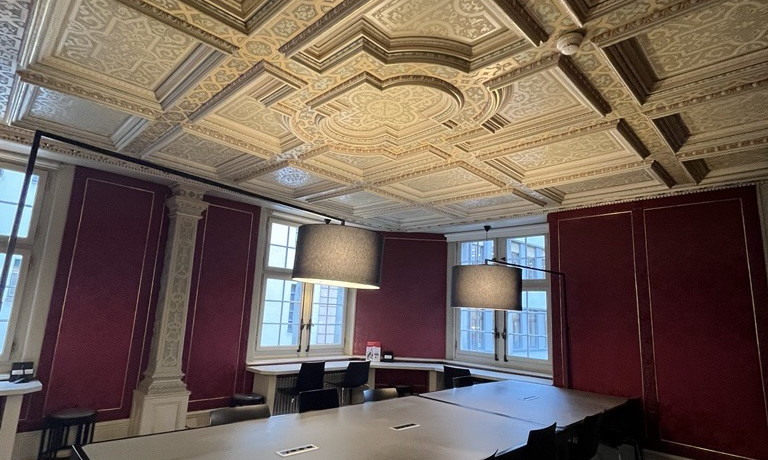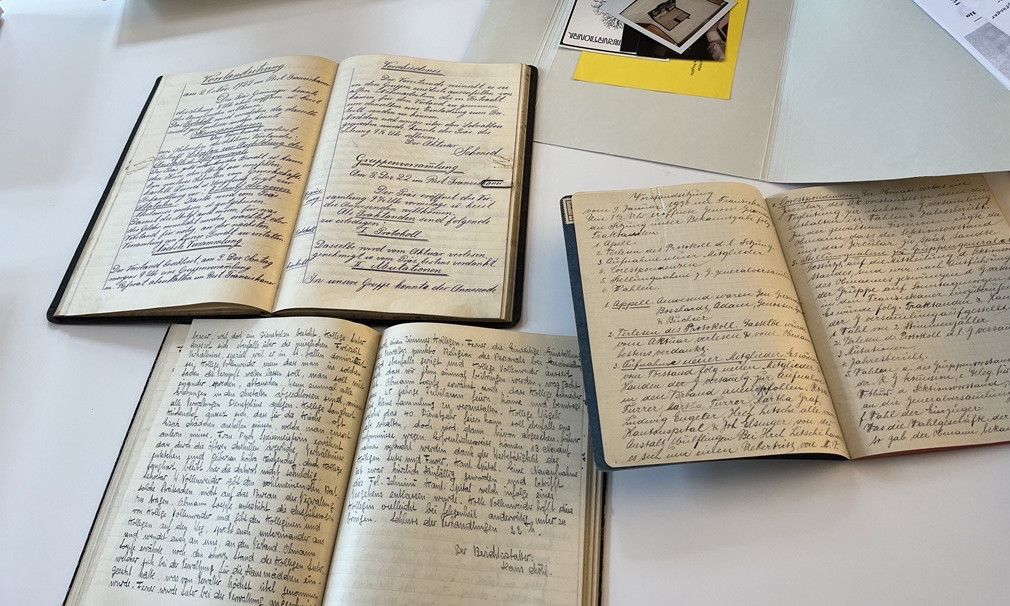On our Theory of Knowledge (ToK) history day we went to the Sozialarchiv in Zurich. It was founded 1906 by Paul Pflüger and contains books and archives mostly about Swiss history.
First we discussed the topic: “What do historians do?”. We came to the conclusion, that they analyze and interpret sources of and about the past to produce knowledge about the past. However, to do so they need reliable sources, which, as we learned, is problematic, because they can be deceptive, biased, or even manipulated. To make a relevant and mostly accurate statement about the past, good historians select a lot of different sources with a lot of different viewpoints to get a scope of knowledge and are then able to make up their own mind and interpret the sources.
We also got a presentation from Mr. Vassil Vassilev who works at the Sozialarchiv and who told us about its history and how it works. It is used as a library, documentation office and archive for Swiss history. For example, it has sources and letters about what Swiss people, in the 1980s, thought of the regional radio stations, which were illegal at that time in Zurich. Another interesting fact he told us, was that even Lenin and Trotsky, very important figures in the socialist Soviet history, borrowed books from the archive during their exile in Switzerland. However, they were not the best clients at that time because they wrote remarks directly into the book margins. While this was and is strictly forbidden, these notes increased the value of these texts tremendously.
At the end of the morning, we had an hour to become historians ourselves. We worked in groups and got a batch of sources about a specific topic e.g. the fight for women being able to vote. We read through the documents, tried to understand and interpret what had happened and how the people at that time reacted to this historical event. Even though we had more than an hour to look through our archive box, it was impossible to walk through each and every single source. It showed us how hard, intense and exciting working as a historian is and was a great conclusion to this interesting and informative day!
Felicitas Sagmeister, 5i



